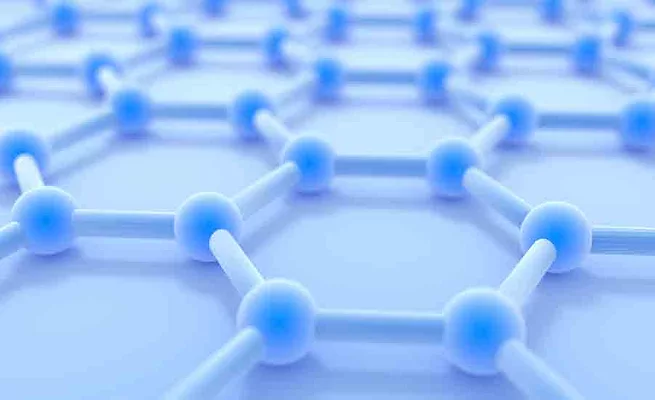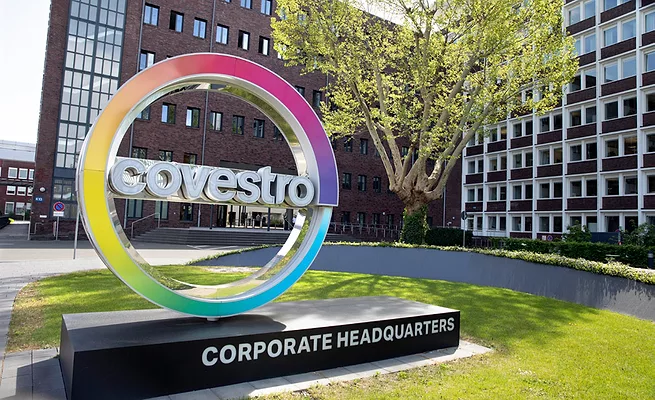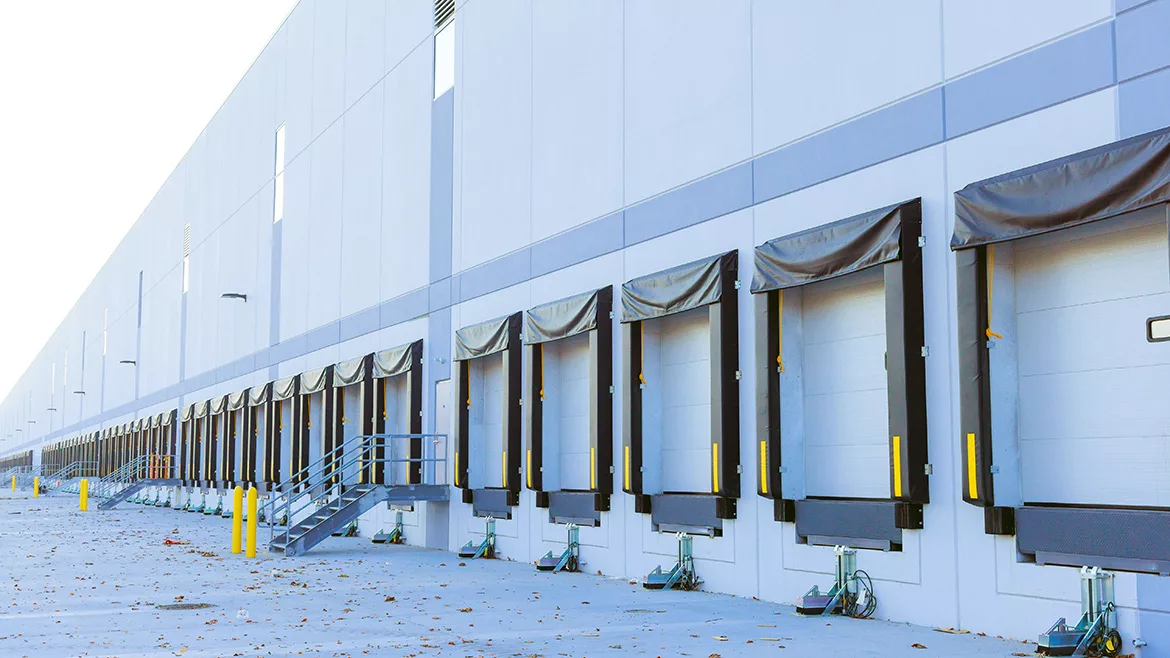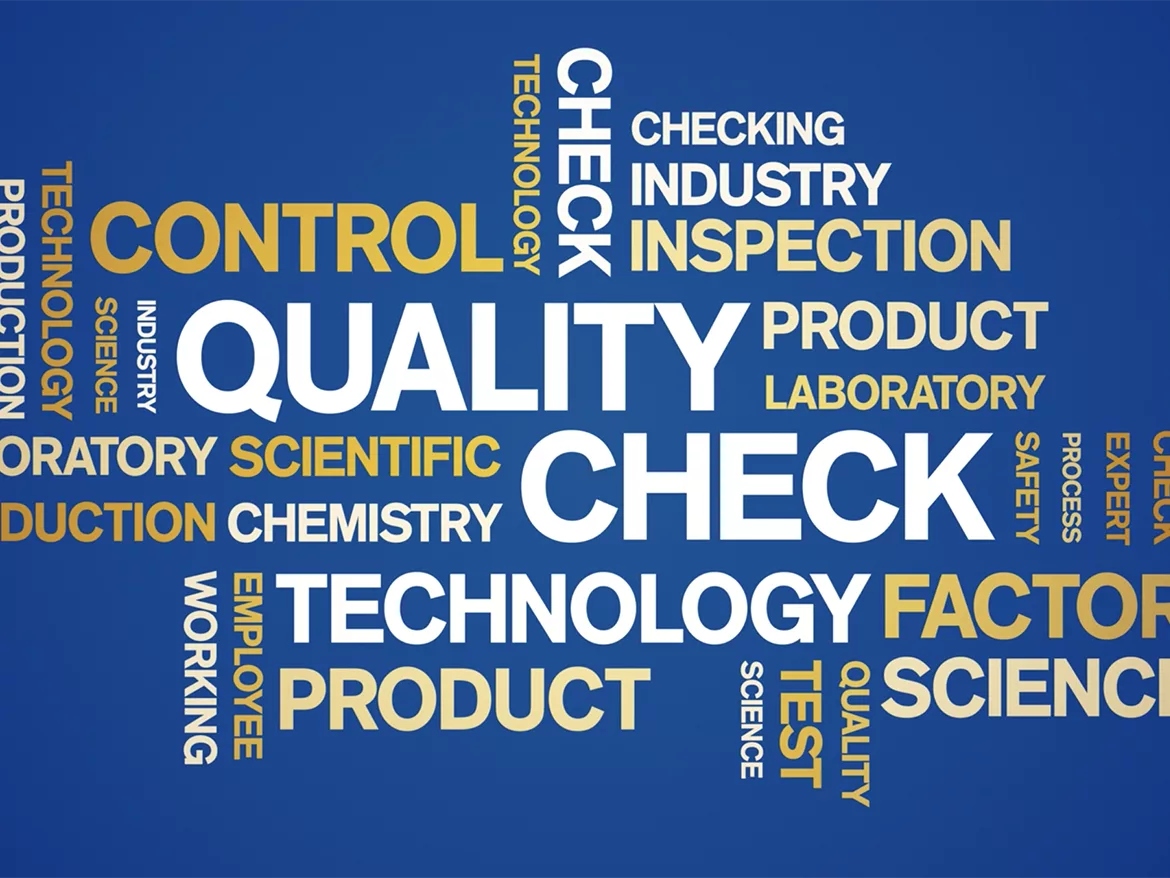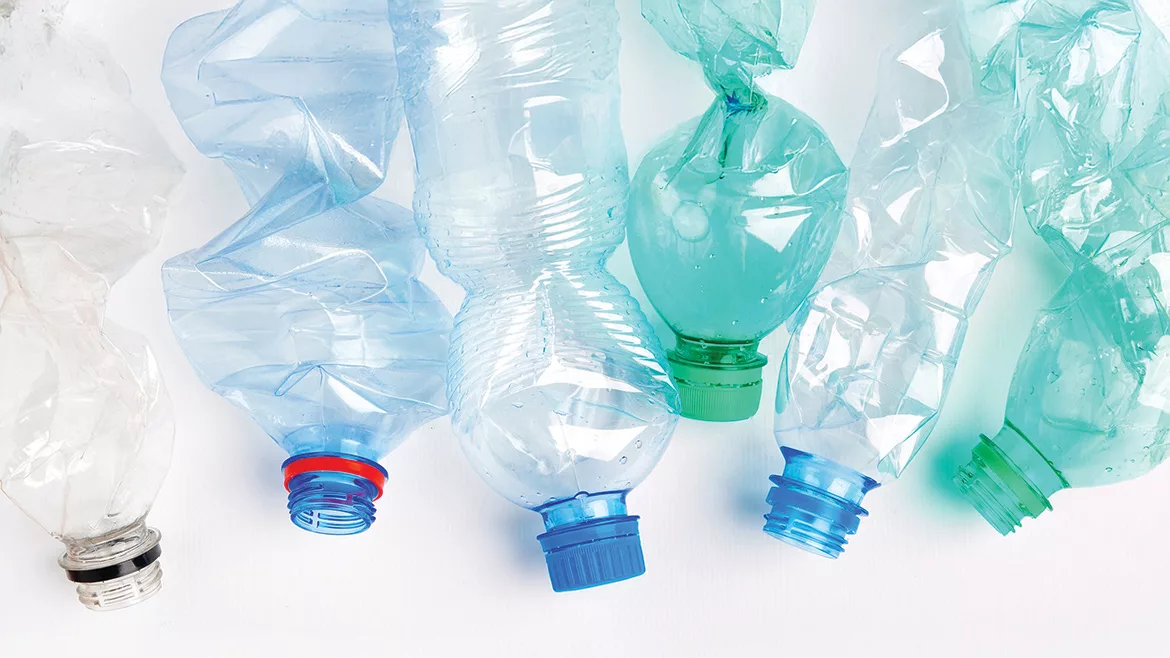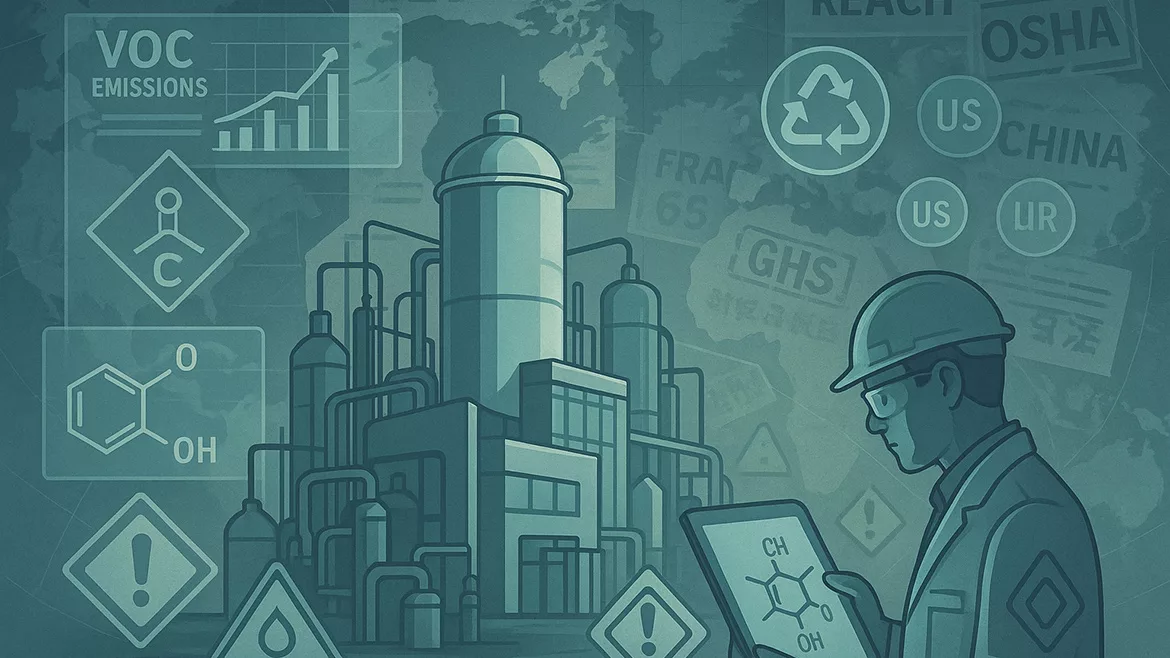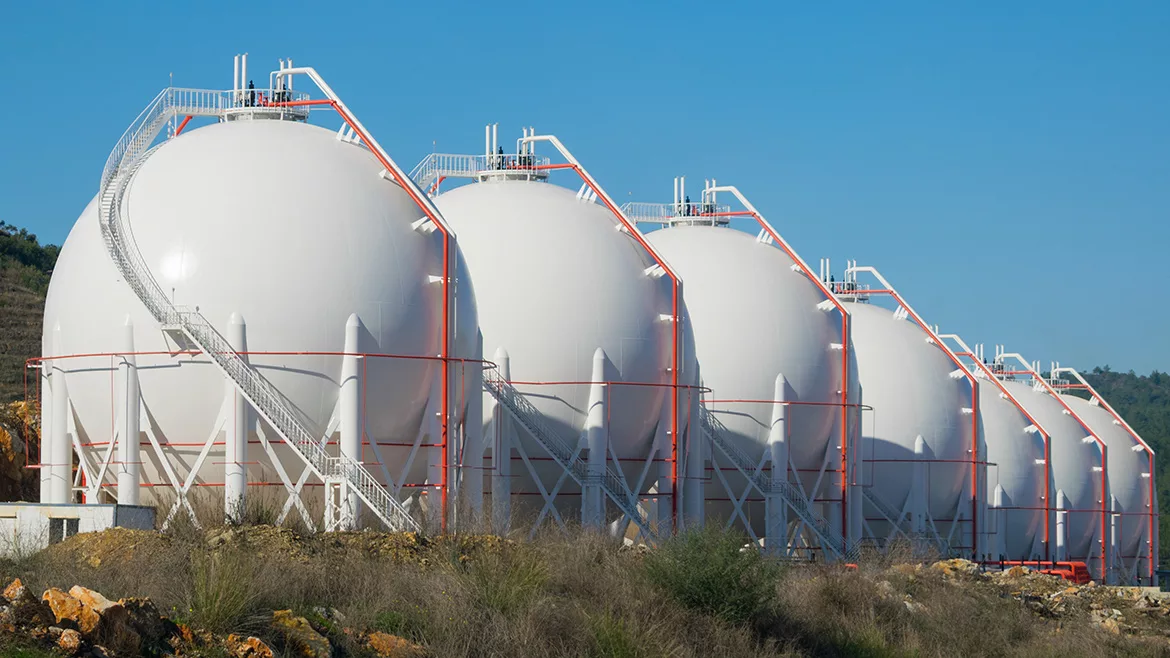
Weekly Web Articles
Sponsored Content
Sponsored Content is a special paid section where industry companies provide high quality, objective, non-commercial content around topics of interest to the PCI audience. All Sponsored Content is supplied by the advertising company and any opinions expressed in this article are those of the author and not necessarily reflect the views of PCI or its parent company, BNP Media. Interested in participating in our Sponsored Content section? Contact your local rep!
closeStay informed on the top trends that matter to you.
Podcasts
More PodcastsEvents
More Events-
03Sep
Coatings Trends & Technologies Summit
Lombard, IL -
04Sep
-
04Sep

